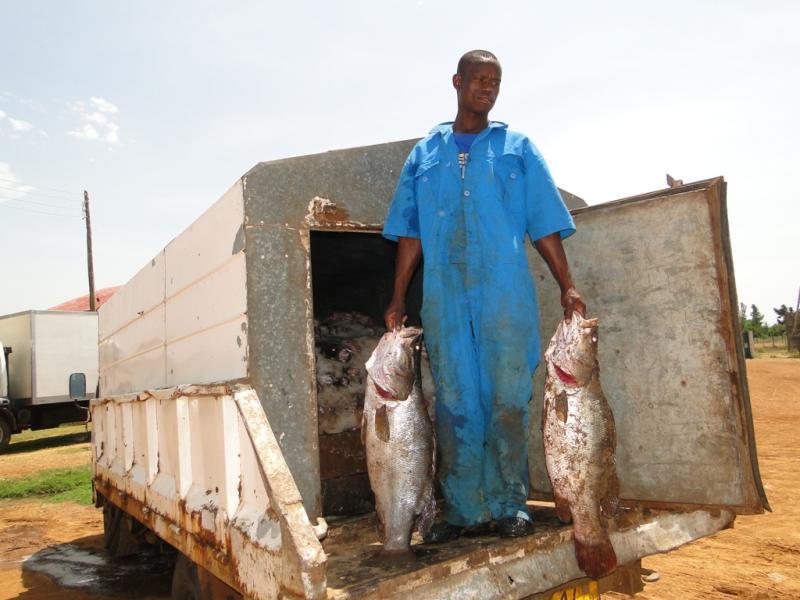×
The Standard e-Paper
Stay Informed, Even Offline

It’s 3pm at Kuoyo beach in Mageta Island, Siaya County and the fishermen are setting off in their boats for an overnight fishing expedition.
Their boats cut through the rough waters of Lake Victoria and soon, they are in the middle of the glimmering lake. As they lay down their nets, the evening is illuminated by nothing but the beauty of sunset with orange, gold, pink and blue tints in the horizon.